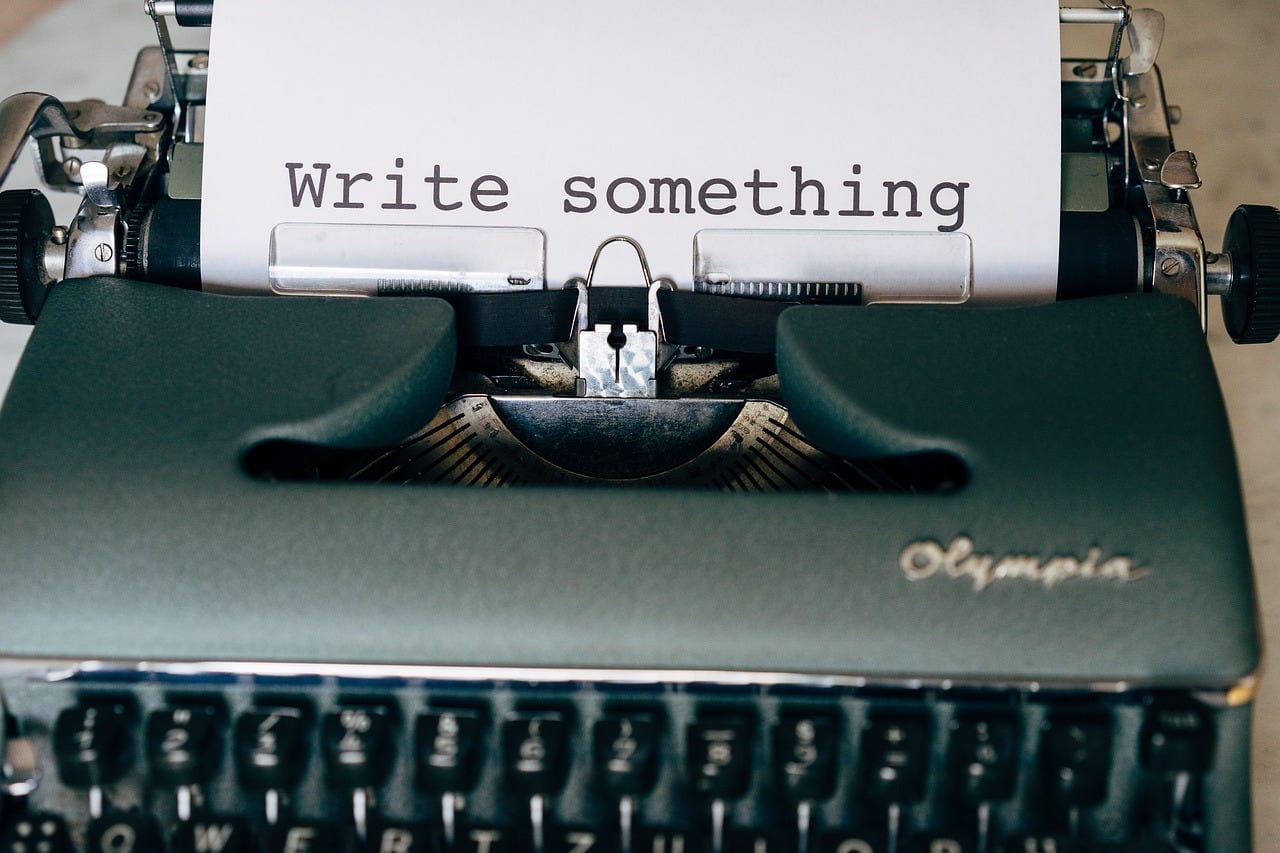Hello and an Update

I’ve been meaning to send an email to all of you for a while to fill you in on what I’ve been working on and to assure you that I haven’t abandoned Zero Day. I’ve been working on a number of projects that have been taking much longer to complete than I anticipated — and that also are dependent on the timing of other people. So I haven’t been intentionally silent; I’ve just been toiling away on pieces that are still in the works.
I’ve also been co-teaching a course this semester at Johns Hopkins SAIS with Thomas Rid — you all know his outstanding books (Rise of the Machines, Cyberwar Will Not Take Place, and Active Measures) and the many other contributions he and his scholarship have made to the security and intelligence fields of study.
A few people have asked me to give an update on how that’s going, so I’ll say that we’re teaching a course called “Signals Intelligence and the Leaks of the 2010s” — about government surveillance and the classified leaks that plagued the intel community from 2010 to 2020 (Manning leaks, Snowden, Vault 7, Shadow Brokers, etc). The class meets once a week for 2.5 hours and focuses on different leaks or a different aspect of the leaks each time.
We have a fantastic group of grad students — most of them working on master’s degrees in international relations or public policy — who have engaged in the topic with a level of thoughtfulness and circumspection I didn’t expect. SAIS generally caters to students interested in entering jobs in government or the intelligence community (in the US or elsewhere), and I expected that most, if not all, of the students would be unquestionably strong proponents of government surveillance. Instead, they have demonstrated a deep interest and understanding of the nuances around surveillance and the delicate balance between tracking threats to a nation’s security while also adhering to legal frameworks and upholding the civil liberties that are foundational to the nation.
I’ve also been surprised by how complementary my approach to the topic (as a journalist) has been to Professor Rid’s approach as a scholar of intelligence collection. The students have been as interested in learning how reporters approach intelligence leaks (how they decide what is worthy of publishing and what is not; how they deal with sources that have complex agendas; and how they verify the veracity of leaked documents) as they are in learning the specific secrets the leaks exposed.
Some of the students, for example, assumed that if a source has an agenda, you shouldn’t publish the information or documents they provide, because then you’d be promoting their agenda or tainting the story with potentially untrustworthy information. But the reality is that every source has an agenda — a reason for wanting information to be public. Some agendas are noble (they’ve uncovered wrongdoing that needs to be exposed or they feel the public should know about certain actions the government is taking on the country’s behalf) and some are less noble (they want to get back at a company or colleague who didn’t respect them, they’re angry that a project they worked on lost funding, or they want to destroy a politician’s reputation). As a journalist, you want to understand a source’s motives, but their agenda is more often than not beside the point. If the information or documents they provide can be verified, and the topic or issue is newsworthy and should be exposed, then the agenda of the source doesn’t matter. But this doesn’t mean you don’t consider the timing of publication or the potential impact and consequences of a story. Publishing negative articles about a candidate in the run-up to an important election are likely to have an effect on the election, as we’ve seen. Publishing stories or documents fed to you by administration officials are intended to put that administration in a favorable light or further a political agenda. A reporter needs to consider all of this, but then make the best decision for the story and the reading public. The first and primary duty, after all, is to tell the truth and figure out what best serves the readers (a determination that publications don’t always get right).
Anyway, this isn’t meant to be a pontification on journalism. The purpose of this brief email is just to let you know that I’m still working on Zero Day stories, some of which you’ll be seeing soon. I also want to remind you that I’m always interested in hearing from you and getting tips if you think there’s something I should know about or write about (take a look at the archive to get an idea of the types of stories I do and don’t cover).
Kim